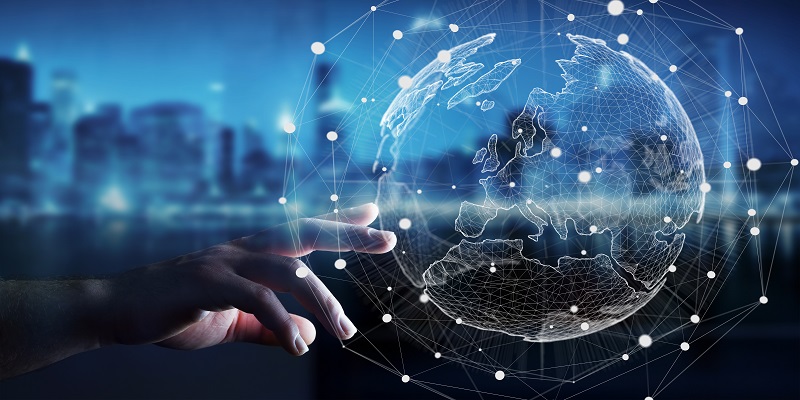The Evolution of Technology: A View on Future

Technology has become an inseparable part of our lives, revolutionizing how we communicate, work, learn, and interact with the world. From the invention ofw the wheel to the creation of artificial intelligence, the progression of technology has marked significant milestones in human history, continuously shaping and redefining our societies.
The Evolutionary Timeline:
The journey of technology began thousands of years ago with rudimentary tools crafted from stones and sticks. Over time, humanity’s relentless quest for innovation led to remarkable advancements such as the wheel, agriculture, and the printing press, which revolutionized the spread of knowledge.
The Industrial Revolution, a turning point in human history, introduced steam engines, manufacturing machinery, and mechanization, significantly boosting production and transforming economies worldwide. Advancements in transportation, communication, and medicine followed suit, bringing about radical changes in societal structures and paving the way for the modern era.
The 20th century witnessed unprecedented technological leaps, with the advent of electricity, automobiles, airplanes, and the rise of computing. The invention of the internet in the late 20th century marked a pivotal moment, connecting the globe and catalyzing an era of unparalleled connectivity and information exchange.
Current Technological Landscape:
In the present era, technology permeates every aspect of our lives. Smartphones, a ubiquitous tool, have transformed into multifunctional devices that serve as our communication hub, entertainment center, and gateway to limitless information. The rise of social media platforms has reshaped how we interact, share experiences, and consume content, influencing social dynamics and cultural norms.
Moreover, fields like artificial intelligence (AI), machine learning, and big data analytics are revolutionizing industries by automating processes, making decisions based on algorithms, and unlocking insights previously inaccessible. The integration of AI in various sectors, from healthcare to finance, has the potential to enhance efficiency, accuracy, and innovation.
The Emergence of Emerging Technologies:
As we venture into the future, emerging technologies like quantum computing, biotechnology, renewable energy, and space exploration hold immense promise. Quantum computing, with its potential to solve complex problems exponentially faster than classical computers, could revolutionize fields such as cryptography, drug discovery, and climate modeling.
Biotechnology advancements, including gene editing tools like CRISPR, offer possibilities to cure genetic diseases and enhance agricultural yields, albeit raising ethical concerns regarding the manipulation of life. Renewable energy sources like solar and wind power are progressively replacing fossil fuels, aiming to mitigate climate change and build a sustainable future.
Challenges and Ethical Considerations:
Despite the remarkable advancements, technology presents challenges and ethical dilemmas. Concerns about data privacy, cybersecurity threats, job displacement due to automation, and the digital divide persist. Balancing technological progress with ethical considerations remains a critical task for governments, corporations, and society at large.
Revolutionizing Connectivity
One of the most impactful changes in recent times has been the exponential growth in connectivity. The rise of the internet, mobile devices, and social media has transformed the way we connect and communicate. However, the future promises even greater connectivity through the proliferation of the Internet of Things (IoT) and 5G technology.
IoT is set to interconnect everyday objects, creating a seamless network where devices communicate and collaborate autonomously. From smart homes and cities to wearable health devices, the IoT ecosystem will revolutionize convenience, efficiency, and decision-making processes.








